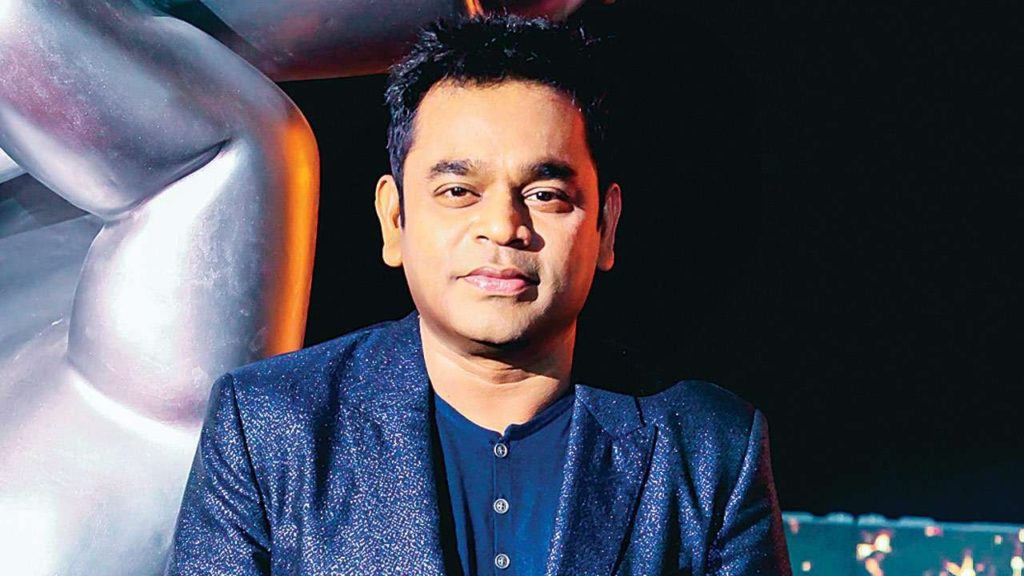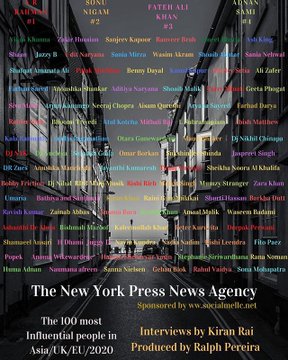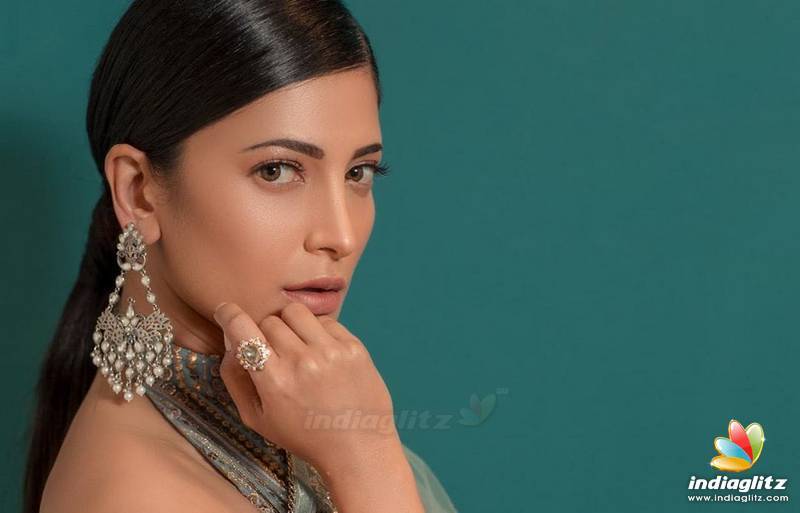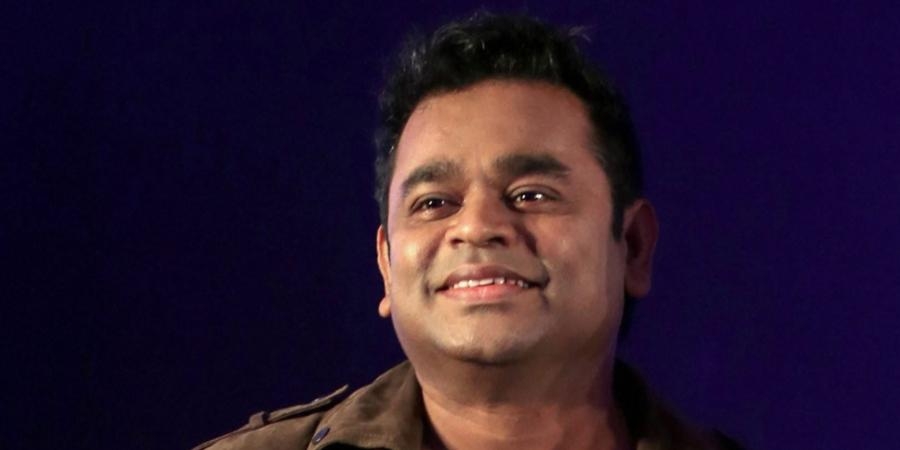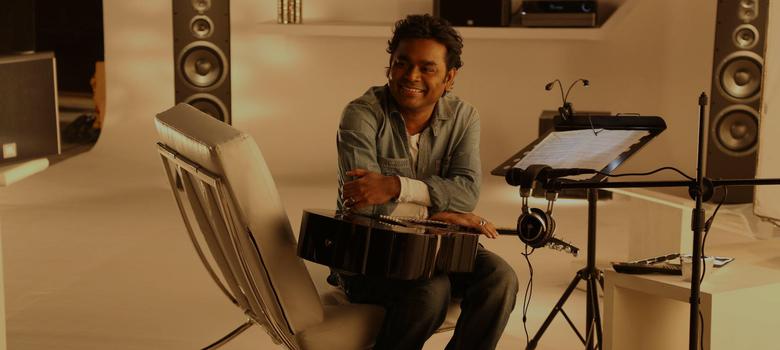INDIA :
When Sania Mirza burst upon the global scene, the London-based New Statesman saw this “slender 18-year-old Muslim tennis player from India” as one of the 10 people who could change the world.
Jason Cowley, who wrote the article, believed that she had the “potential to change the world” for the following reasons: 1. She was the first Indian female tennis player to be ranked among the world’s Top 40. 2. She had made a breakthrough in sport despite coming from a country that usually discouraged women in sport. 3. She had discipline, tenacity, flamboyance. And all of this amounted to 4. She was going to “inspire a whole new generation of Indian girls”. Cowley’s article was written in October 2005, soon after a fatwa stipulated that Mirza should be prevented from playing tennis in skirts and T-shirts. Mirza instantly became a symbol of defiance, a “slender 18-year-old” girl who could stand up to Muslim hardliners. At around the same time, Time magazine hailed her as one of Asia’s heroes. AndThe New York Times said the weight of the country’s expectations rested on her.
I am at a loss to explain how or why the Sania phenomenon fizzled out in mainstream media. To be sure, she remains a remarkable player who will continue to inspire a whole generation of young women. But Mirza is no longer feted and hailed for her potentially transformative powers. I thought of Muslim role models once again when I saw the modest, self-effacing Allah Rakha Rahman accept his twin Oscars in Los Angeles.
There he was, up on stage in his very Indian designer sherwani singing Jai Ho, the song from Slumdog Millionaire. Or there he was on the red carpet with his wife, her head covered as she shyly posed for photographs. On stage, he was thanking God (“all glory and fame to God”) and his mother, talking of the path of love rather than hate that he had opted to follow. There was quiet dignity about him rather than the usual over-the-top Oscar exuberance. I suspected he would have had the same quiet smile had he lost.
Rahman is not known to be a man of many words. So, it was the subtext of what he said (or didn’t), that struck me as significant. Here was a Muslim who was confident in his identity as an Indian Muslim (in fact, with Maa Tujhe Salaam, he has done more to popularize Vande Mataram than the entire Sangh parivaar put together). Like the majority of Muslims everywhere, he believes in his God, in family values, in love and brotherhood. He was not out of place on the world stage performing with artistes drawn from all over the globe.
Rahman does not conform to any of the Muslim stereotypes. But he is undeniably an adherent of Islam, converting to the faith at the age of 21 along with his family. His views on politics are not widely known. But as a believing Muslim, he is reported to earmark one-third of his earnings to charity. Significantly, one of his first acts on returning home to India was to visit the Ameen Peer dargah at Kadappa in Andhra Pradesh to offer special prayers.
India’s Muslims have been singled out for their many unique qualities.
Thomas Friedman recently hailed the community’s decision to refuse burial in Mumbai to the Pakistani terrorists killed in the 26/11 attack. By denying terrorists the status of martyrs, the world’s second largest Muslim community was doing a “great service to Islam”, he said. Yet, one of the laments among Muslims is the lack of credible role models.
Bollywood within its secular framework has been able to throw up some figures—Javed Akhtar and Shabana Azmi most notably speak up for a pluralistic, democratic framework, but they’re not necessarily seen as strong adherents of Islam. Aamir Khan is the sensitive voice for the marginalized, not really a strong Muslim figure. Azim Premji is probably the richest Muslim in India but, once again, his success is defined in business, not religious terms.
In cricket, you could certainly look at the Pathan brothers who straddle both worlds—cricket and Islam. The sons of a poor muezzin who couldn’t afford even a pair of shoes, they now symbolize a can-do spirit. In a TV ad, they refer to their father as “abba”. It’s as if they’re saying, like Omar Abdullah, “We are Indians and Muslims and see no contradiction between the two.”
With his stunning Oscar win, Rahman reaffirms the same message to emerge as a new role model for young Indian Muslims. In equal parts a proud Muslim, proud Indian and proud professional, he stands as a counter to both the fanatic and the stereotype of the fanatic that many believe represent the average Muslim.
For this reason alone, I’m singing the new anthem: Jai Ho.
Namita Bhandare writes every other Tuesday on social trends. Respond to this column at lookingglass@livemint.com
source: http://www.livemint.com / Live Mint / Home> Explore> Looking Glass / by Namita Bhandare / March 02nd, 2009
